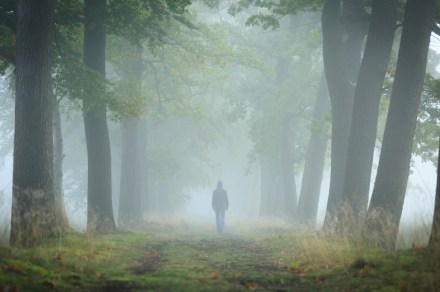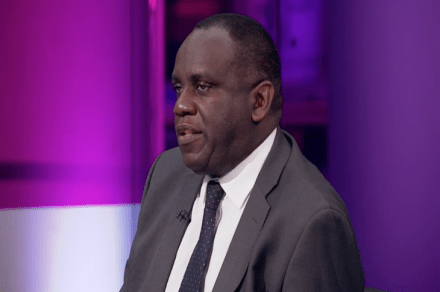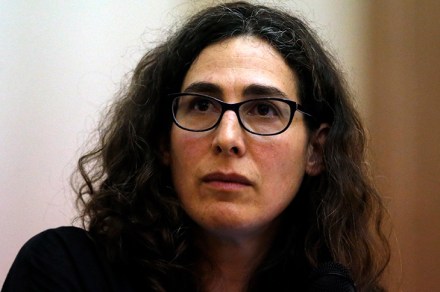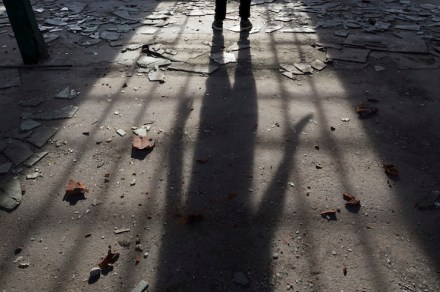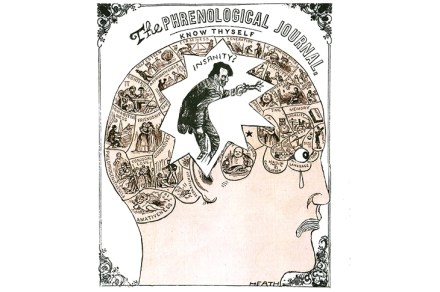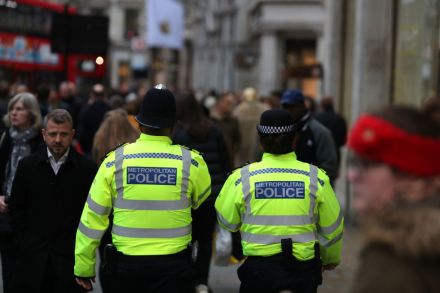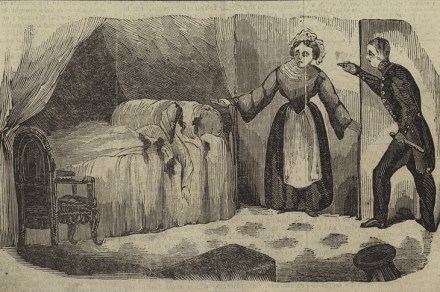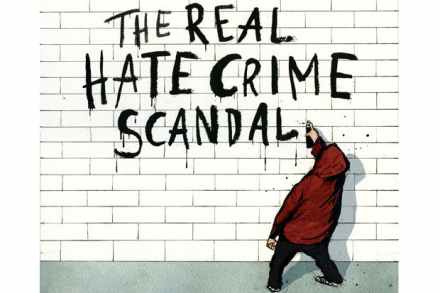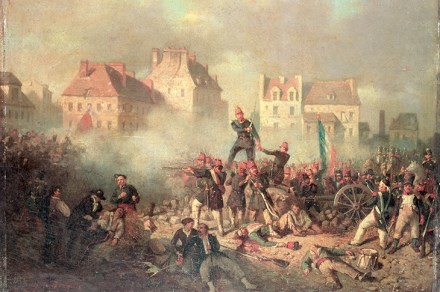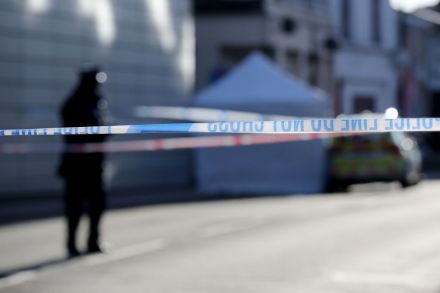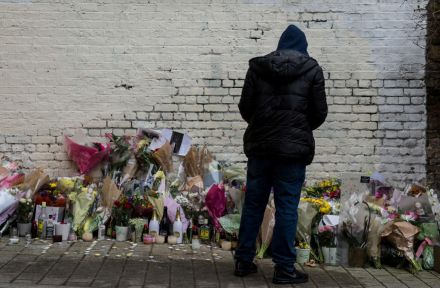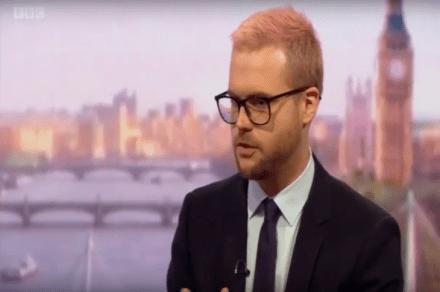Life after death | 31 January 2019
I’ve talked to Denise Horvath-Allan more than my own mother this year. Denise’s son Charles went missing while backpacking in Canada. I see his face — never ageing, entombed within his early twenties — every day on Facebook. Denise’s posts are more desperate each time I see them. Charles disappeared in 1989, on the eve of his 21st birthday. Denise and I believe he was murdered not long afterwards. But the case, like so many others, remains unsolved. As a journalist, I’ve been writing about true crime for years. True crime is a non-fiction genre that examines a crime and the people involved. It has never been more popular: just
